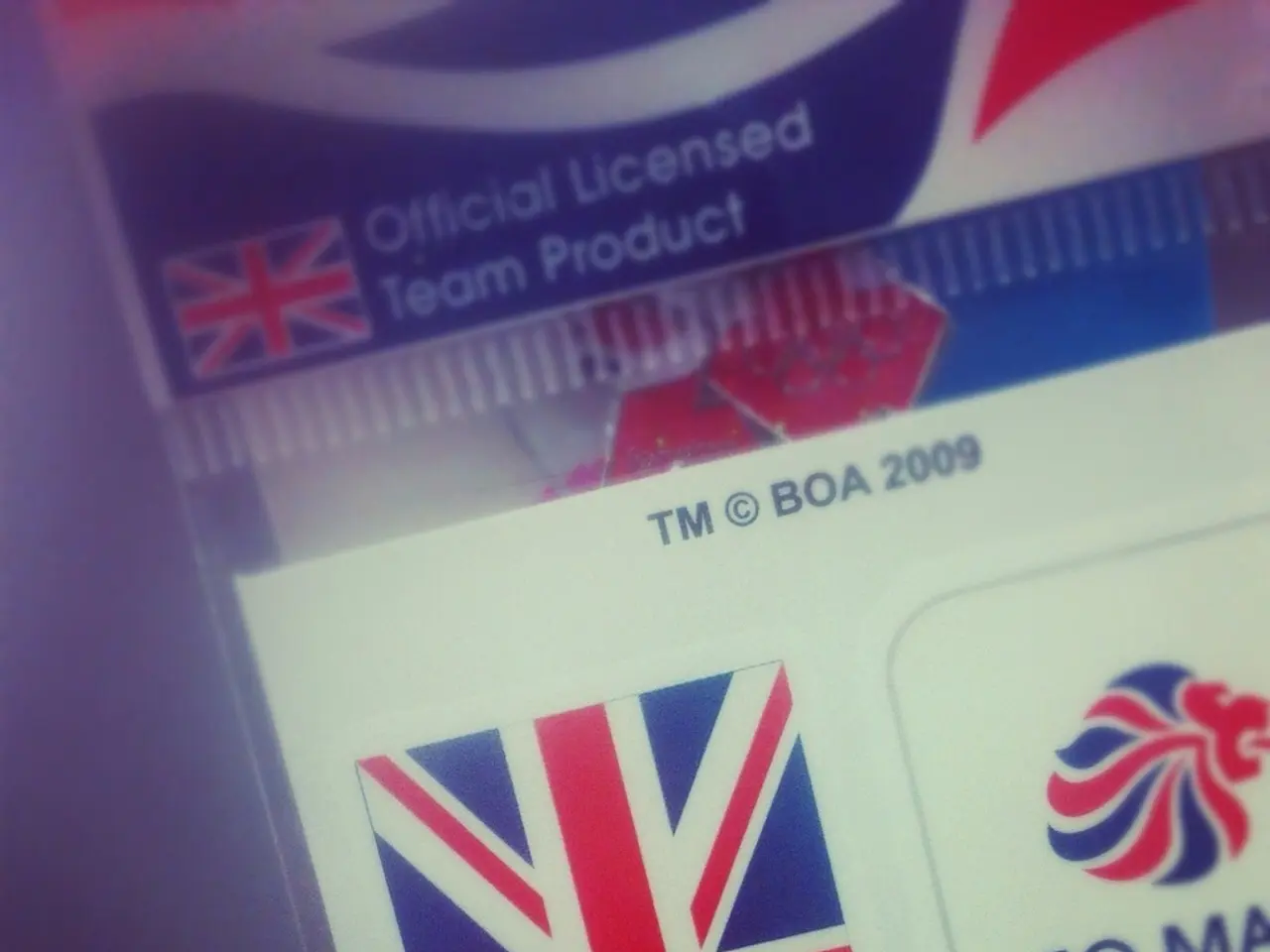Revealing the Hidden Faces behind Financial Empires: Unmasking the Ultimate Beneficial Owners
In today's interconnected world, businesses are expected to maintain stringent anti-money laundering (AML) measures to prevent financial crime. One crucial aspect of AML regulations is the identification and verification of Ultimate Beneficial Owners (UBOs).
What is a UBO?
An Ultimate Beneficial Owner is an individual who has control over a business. In essence, they are the individuals who own or control a significant portion of a company, typically 25% or more, and play a pivotal role in preventing money laundering through shell companies.
Global UBO Verification Standards
While the specifics of UBO identification and verification requirements vary by region, they generally focus on identifying these key individuals and verifying their identity before establishing a business relationship.
European Union (EU)
Under the 5th and 6th Anti-Money Laundering Directives (5AMLD/6AMLD), entities must register their UBOs in public UBO registries with a usual ownership threshold of 25%. Verification of UBO identity is required before establishing a business relationship and includes checking against official registers and internal records.
United States (US)
The Corporate Transparency Act, effective from January 2024, mandates detailed beneficial ownership information reporting to FinCEN. Financial institutions and other reporting entities must identify and verify UBOs, even in complex ownership structures, and comply with Know Your Business (KYB) processes.
Switzerland
New regulations effective from 2025 require enhanced due diligence in verifying UBOs, often supported by automated cross-referencing of multiple data sources.
Other Regions
The UK requires a "Persons with Significant Control" (PSC) register similar to the EU approach. Singapore mandates UBO filing tied to the Unique Entity Number (UEN) system, while UAE, Hong Kong, Australia mandate UBO registration with regulator access.
The UBO Verification Process
To verify the legitimacy of a company, information such as the register number, name, address, type, list of top management needs to be collected and verified. The full ownership structure should be analyzed until controlling natural persons, the UBOs, are ascertained, even if shares are held by intermediary legal entities.
The UBO check then verifies and screens information against various sanctions, Politically Exposed Persons (PEP) lists, and adverse media. If the UBO is identified as a high-risk customer, Enhanced Due Diligence (EDD) monitoring is conducted.
The Importance of UBO Verification
UBO verification is essential for AML regulations as it helps prevent financial crime like money laundering through shell companies. By ensuring thorough compliance before business relationships commence, regular updates, and substantial penalties for failures, businesses can contribute to a safer and more transparent financial ecosystem.
Solutions for UBO Verification
Sumsum is a comprehensive solution that covers all KYB needs, including corporate registry checks, ownership structure checks, AML screening, corporate documents verification, UBO verification, and more. With Sumsum, businesses can ensure they are in full compliance with UBO regulations, safeguarding their reputation and operations from potential fines, penalties, and license revocation.
In the global financial landscape, entities are mandated to identify and verify Ultimate Beneficial Owners (UBOs) before establishing a business relationship, as stipulated by regulations such as the 5th and 6th Anti-Money Laundering Directives (5AMLD/6AMLD) in the European Union, the Corporate Transparency Act in the United States, and new regulations in Switzerland.
For instance, under the 5AMLD/6AMLD, entities must register their UBOs in public UBO registries, with a usual ownership threshold of 25%. Verification of UBO identity is required prior to establishing a business relationship and includes checking against official registers and internal records.




